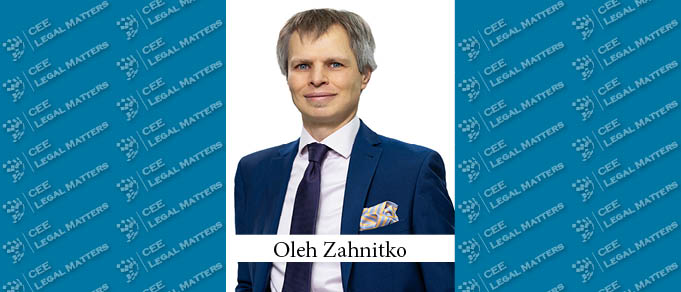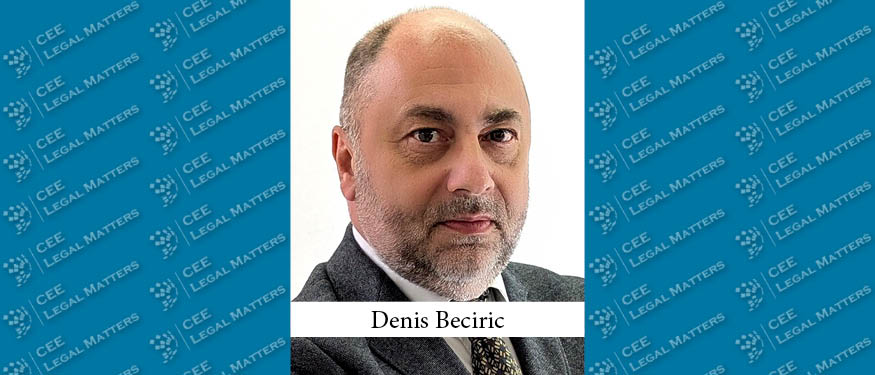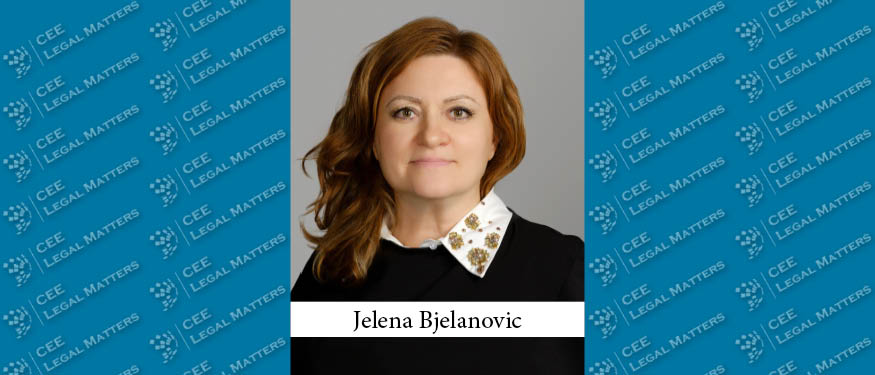Relatively high inflation and lowering deposit interest rates became characteristic for Ukraine in recent years, thus heating investors’ demand for yields. Savings have been growing continuously, boosting the segments with a higher risk appetite and propelling the development of new investment opportunities. At the same time, the domestic financial sector is undercapitalized and has few financial instruments to offer. The market, therefore, attracts the attention of various non-resident providers of financial services – from the most diversified investment banking groups to single product enthusiasts, who are asked by Ukrainian corporations and high-net-worth individuals to offer a service or specifically target potential customers.
The cross-border financial services regime, however, is a work in progress: Ukraine is not a member of the EU, while the domestic securities markets authority – the National Securities and Stock Market Commission (NSSMC) – is not certifiable as an independent body under IOSCO standards. If a law is passed to ensure the NSSMC’s political and financial autonomy (following six years of public debate, the relevant bill awaits its second reading in the legislature, in 2022), the commission will join the club of reputable regulators and start the mutual recognition of proper supervision with other IOSCO members.
Thus, offshore investment banks lawfully providing their services directly to local Ukrainian investors, on a reach-in or fly-in basis, is still a matter of the future. Meanwhile, the recommended course of action would be working through an onshore licensed entity, as an intermediary, or establishing a permanent presence in Ukraine. The NSSMC has been actively supporting the coupling of the capital market with EU and North American infrastructure.
On the investor’s side, the retail segment has now obtained a premium category of “qualified investor,” with simplified access to the market and looser protection. The initial threshold is a UAH 20 million balance sheet and UAH 2 million in cash equivalents (approximately EUR 625,000 and EUR 62,500, respectively) or even as low as UAH 0.5 million (EUR 16,500) – if the investor has at least one year’s experience in capital market transactions. The threshold, however, is set to increase progressively every year, e.g., multiplied by a factor of six in 2022 – with that factor going up as high as 30, in 2030.
The 2020 restatement of the Capital Markets Law (effective as of mid-2021) consolidated the state’s practice of participating in capital markets and, separately, the roles of the National Bank of Ukraine as an independent investor as well as the administrator of securities with a sovereign rating. In short, both the National Bank and the state (acting through the Cabinet of Ministers and the Minister of Finance) are mostly exempt from the statutory law and can determine their issuer and investment strategies, enjoying more freedom in contract bargaining. Thus, targeting the government of Ukraine and/or the NBU as a prospective issuer (borrower) or investor has become a simpler task, from a regulatory compliance standpoint.
As to the potential instruments of investment, the new rules embraced many more possibilities, to which the issuers have yet to adjust: the most developed to date have been treasury notes and sovereign bonds, with very few shares, mortgage-backed securities, and corporate bonds on top. To remedy the situation, the money market contracts have been officially recognized in support of FX transactions. Further, the notion of derivatives has been set in detail, as part of the financial instruments market and their separation from spot contracts. Most types of betting contracts are now expressly allowed, after decades of consensus that a “contingency contract” (i.e., a derivative) ran a high risk of being confused with a “game of chance” (i.e., gambling).
Notably, “wholesale energy products” can be used as alternatives for investment, since they are exempt from the financial instruments framework – OTC and OTF-traded derivatives contracts for natural gas and power with mandatory physical delivery already conform to the so-called “REMIT carve-out”, even though Ukraine is late on the implementation on the rest of the body of transparent energy markets rules. Finally, the legislation in Ukraine has caught up with trendy securities such as green bonds, infrastructure bonds, bonds of the international financial organizations and removed some redundancies in mortgage-backed securities.
By Oleh Zahnitko, Partner, Integrites
This article was written before the advent of the war in Ukraine and was originally published in Issue 9.2 of the CEE Legal Matters Magazine on March 1, 2022. More current articles on developments in Ukraine can be found in our #StandWithUkraine section. If you would like to receive a hard copy of the magazine, you can subscribe here.

















